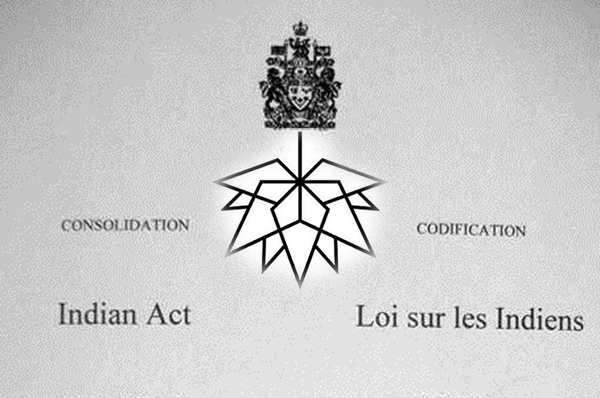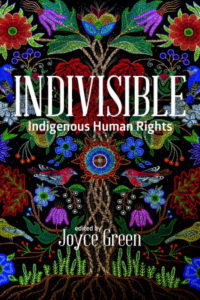Home »

Canada still discriminates against Indigenous women
Op-Ed Commentary
On January 14, the United Nations Human Rights Committee (UNHCR) ruled that Indian Act sex discrimination violates Canada’s obligations under the International Convention on Civil and Political Rights (ICCPR) and that Canada must end the discrimination.
The ruling comes as a result of years of advocacy led by Sharon McIvor in Canadian courts and at the United Nations to secure the right to equal status under the Indian Act for First Nations women and their descendants.
The UNHCR ruled, that the sex-based hierarchy between s. 6(1)(a) and s. 6(1)(c) introduced by the 1985 Indian Act, and continued by the amendments of C-3 in 2011 and S-3 in 2017, violate the right to the equal protection of the law without discrimination based on sex and the equal right of men and women to the enjoyment of their cultures guaranteed in the ICCPR.
The decision held that First Nations women and their descendants are entitled to status on the same basis as First Nations men and their descendants. It ruled that distinctions between the maternal and paternal descent lines, including the “1951 cut-off “, which bars some maternal line descendants born before 1951 from eligibility for status, are discriminatory and not permissible. It ruled that all those excluded because of sex discrimination, and those denied 6(1)(a) status because of sex discrimination, must be granted full status.
Canada’s Indian Act defines who has Indian “status.” The Act is the rulebook set by successive Canadian governments for band councils, and it is racist from top to bottom, from inception to the present day. It is an administrative tool for colonialism.
Under the status provisions until 1985, women were defined by their most proximate patriarch: father or husband. Children were assigned the “status” of their father. In addition, via the infamous section 12(1)(b), Indian women who married anyone other than a status Indian man lost their own status and their children could not be registered as status Indians. From this sexist law flowed a host of negative consequences that have been well documented, including loss of identity, of family proximity, of cultural and political participation, and of access to the meagre services provided through Indian Affairs, as it was known.
Because they were not recognized as “Indians” many First Nations women and children were exiled to unwelcoming settler communities infused with racism, where they were, ironically, forever marked as “Indian.”
Compelled by the Charter of Rights and Freedoms prohibitions against sex discrimination, the federal government amended the noxious 12(1)(b) provision in 1985 with C-31. However, the revisions re-enacted sex discrimination by creating two tiers of status – one for those who already had (6(1)(a) status, and a second lesser category for the primarily female re-instatees under (6(1)(c). The amendment also led to the pejorative term “C-31 Indian,” attached to those who acquired status through C-31.
After years of pressure, the federal government further amended the Indian Act with C-3 in 2011 and again with S-3 in 2017 – but inexplicably continued measures discriminatory on the basis of sex. Women and their children who had (re)acquired status under C-31 had a restricted capacity to pass status on to their own children. Thus, as McIvor demonstrated in her eponymous case, her brother was able to transmit full status to his children – which would pass to his grandchildren – while she could confer a second-class status on her children, which would not extend to her grandchildren.
In sum, Canada has been persistently practicing legislated sex discrimination against Indigenous women and their descendants, despite its international commitments and the Charter of Rights and Freedoms.
Indeed, the federal government is now avoiding responsibility for fixing the mess by “consulting” on “first Nations citizenship.”
An honourable government would not “consult” on if and how to implement the UNHCR decision. The current government, led by a self-declared feminist Prime Minister, claims to support feminism and women’s rights, yet continues to discriminate against Indigenous women, violating Canada’s commitments at international and domestic constitutional law.
 – Joyce Green, a Cranbrook resident, is Professor, Political and International Studies, University of Regina; Editor of Making Space for Indigenous Feminism (2007, 2017) and of Indivisible: Indigenous Human Rights (2014).
– Joyce Green, a Cranbrook resident, is Professor, Political and International Studies, University of Regina; Editor of Making Space for Indigenous Feminism (2007, 2017) and of Indivisible: Indigenous Human Rights (2014).








